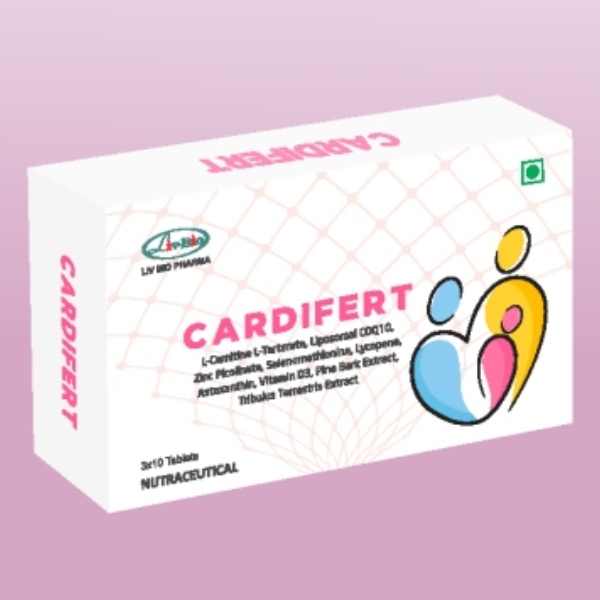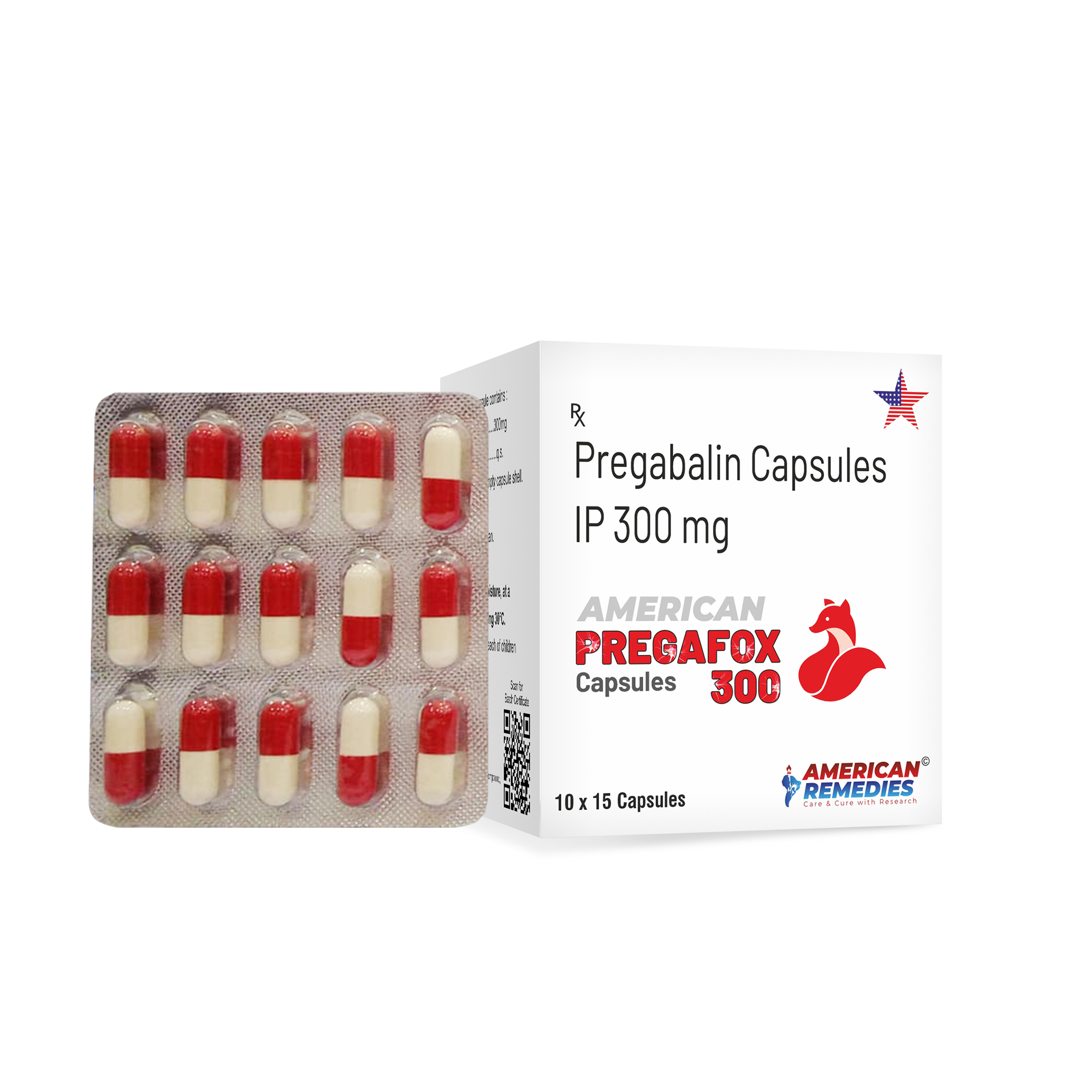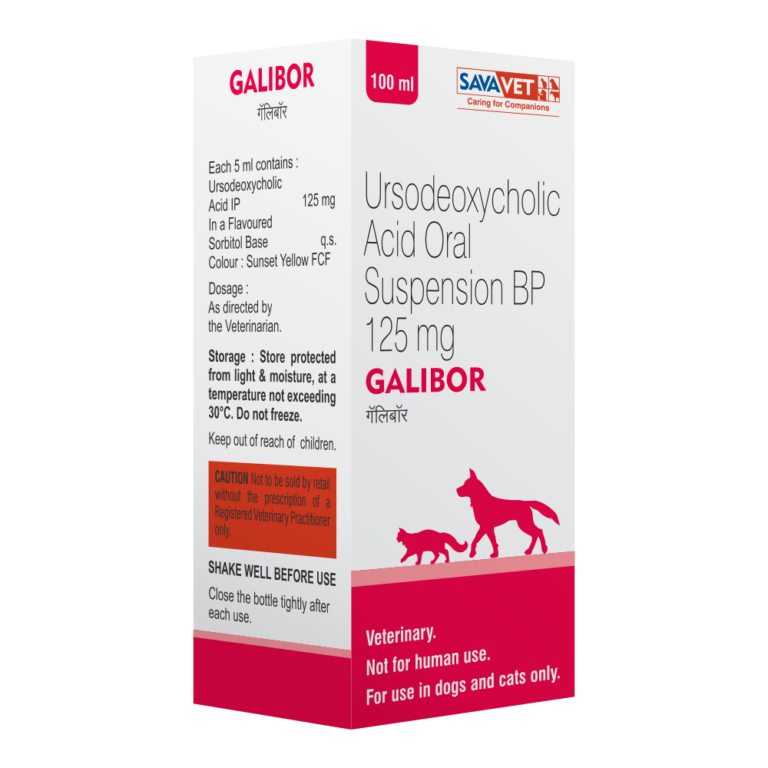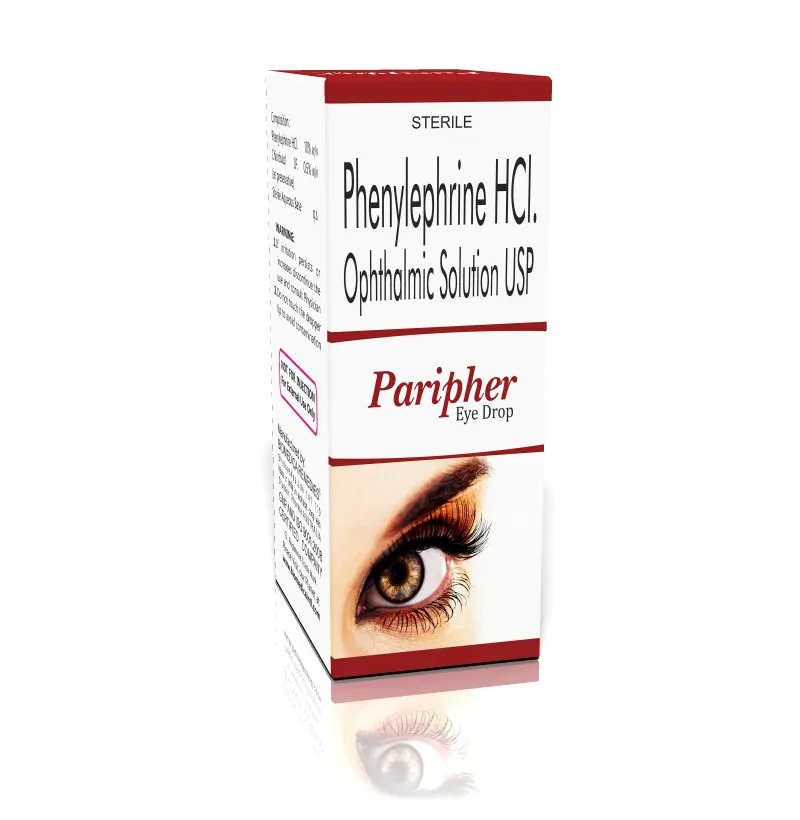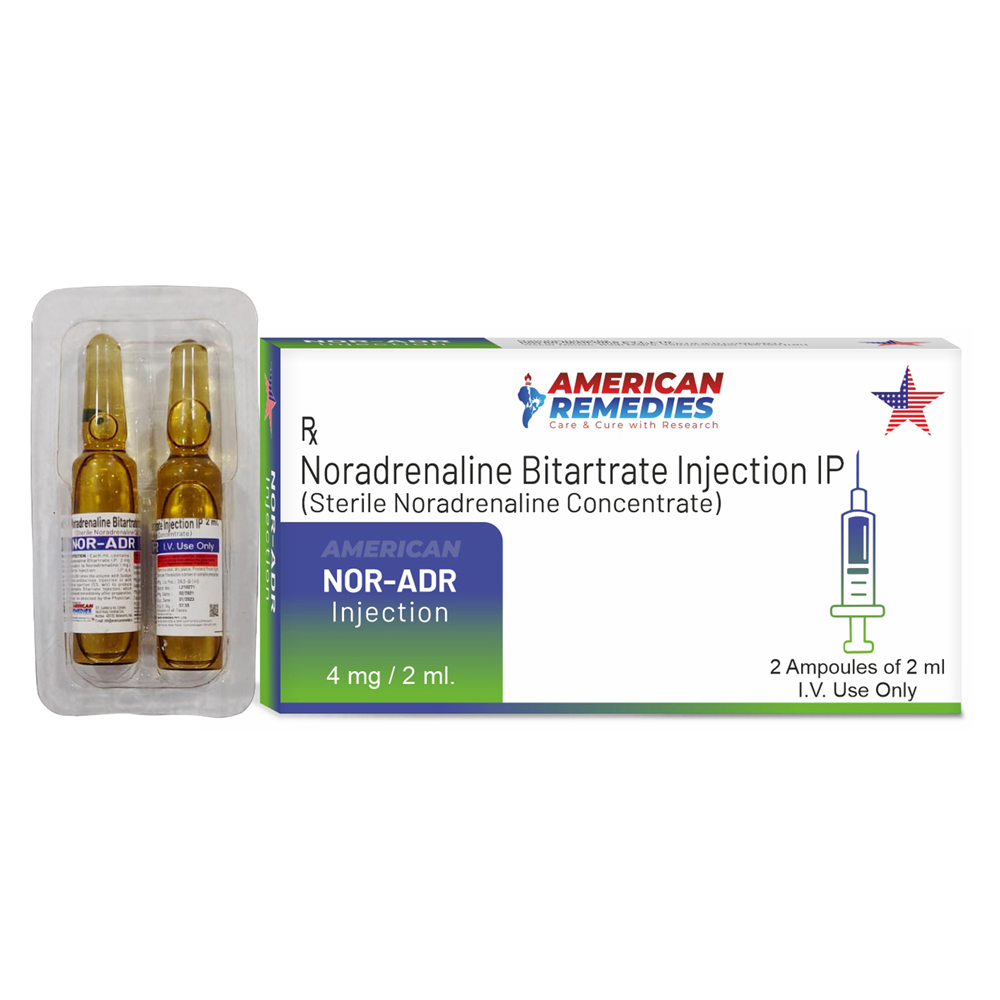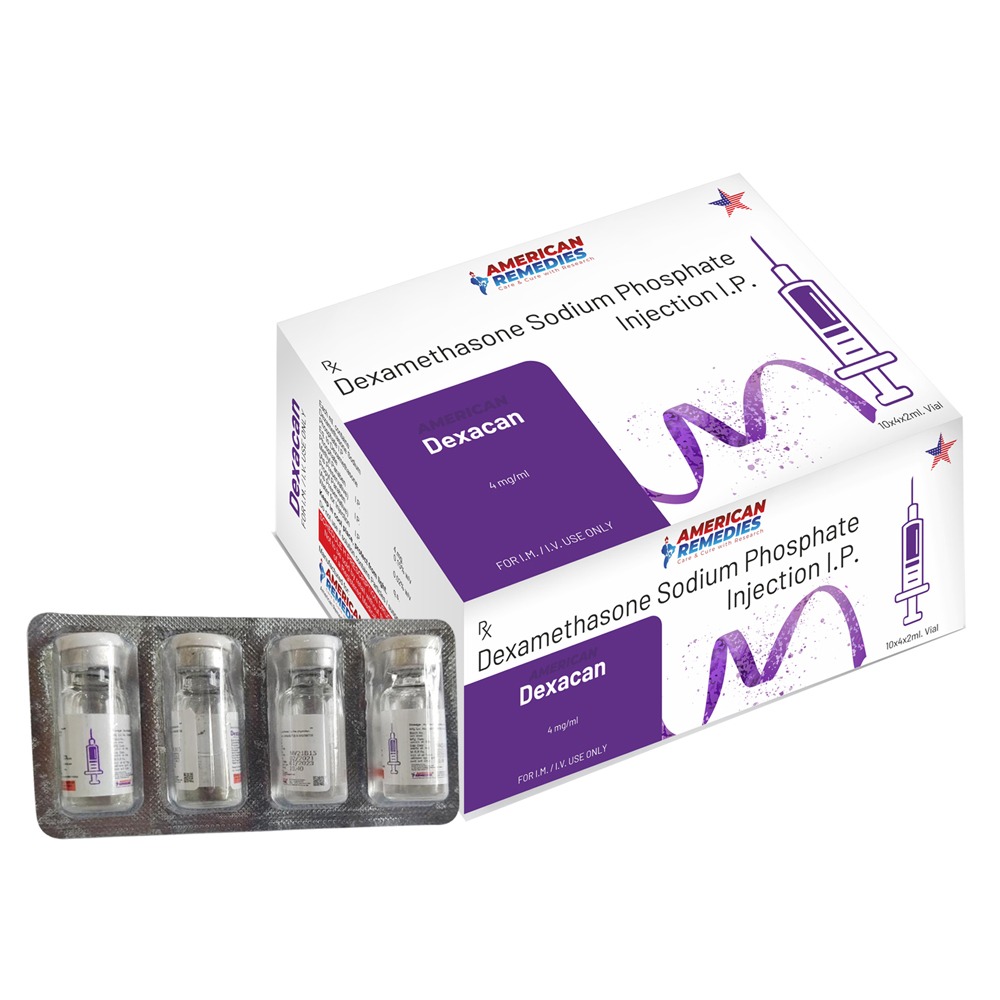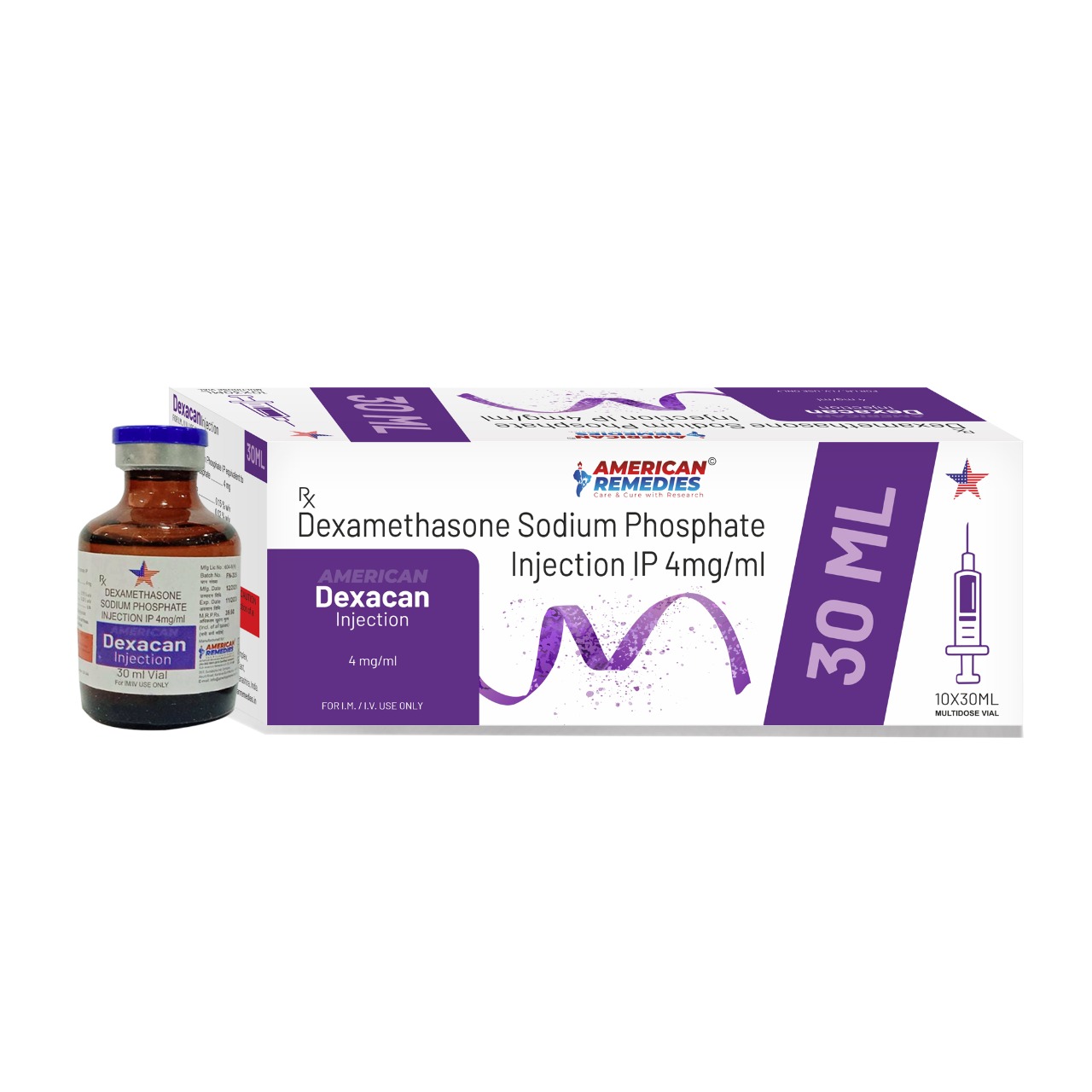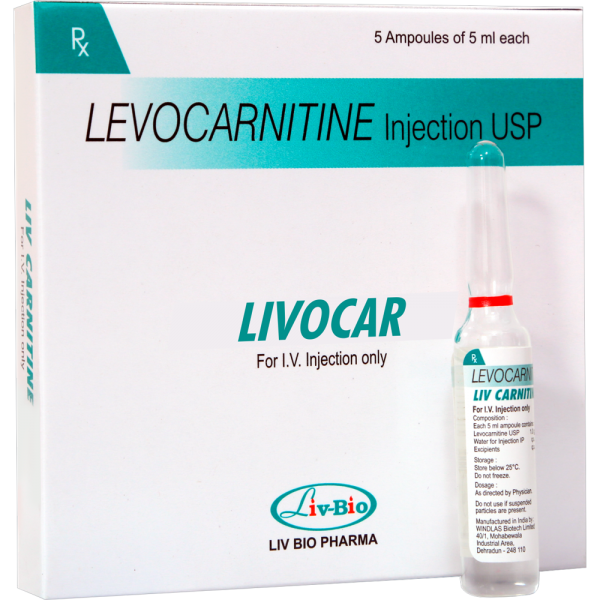Cardifert Tablets are typically a combination of fertility-enhancing agents designed to support reproductive health, especially for individuals experiencing difficulty conceiving. While the exact formulation may vary depending on the brand, these tablets generally contain ingredients that help improve ovarian function, hormonal balance, and overall fertility. 🔹 Common Uses of Cardifert Tablets: 🌸 Enhancing Ovulation in Women with PCOS: Polycystic Ovary Syndrome (PCOS) is a common cause of infertility due to irregular ovulation. Cardifert tablets often contain clomiphene citrate or similar agents that help stimulate ovulation by encouraging the ovaries to release eggs. 🧬 Improving Hormonal Balance: Cardifert may be used to regulate hormonal imbalances related to fertility issues, particularly in conditions like PCOS or hypothalamic dysfunction, which can cause problems with ovulation. 🍃 Support for Female Fertility: Designed to improve overall fertility in women who are struggling to conceive. The combination of ingredients can help address various underlying causes of infertility, such as poor egg quality, inadequate hormone levels, or irregular cycles. 🧑🤝🧑 Male Fertility Support (in some formulations): Some formulations of Cardifert may also include antioxidants like L-carnitine, which can help improve sperm quality, motility, and overall male fertility. 🧪 Fertility Treatment Adjunct: Can be used alongside other fertility treatments like intrauterine insemination (IUI) or in vitro fertilization (IVF) to increase the chances of conception. 💊 How It's Taken: The dosage and duration of treatment will depend on the specific formulation and the underlying condition being treated. It is usually taken orally as prescribed by a fertility specialist or doctor, typically as a course of treatment that may last several cycles. ⚠️ Precautions and Side Effects: Side Effects can include: Hot flashes Mood swings Bloating Headaches Ovarian hyperstimulation (in rare cases, especially if used for ovulation induction) Consultation with a healthcare provider is crucial to ensure the right dosage and to monitor for potential side effects or complications, especially in individuals with existing hormonal disorders or ovarian cysts. ✅ Summary of Cardifert Tablet Uses: Condition Use of Cardifert Tablets Polycystic Ovary Syndrome (PCOS) ✅ Stimulate ovulation Hormonal Imbalance ✅ Regulate hormone levels General Female Fertility Support ✅ Enhance fertility Male Fertility (Some formulations) ✅ Improve sperm quality and motility Adjunct in Fertility Treatments (e.g., IUI/IVF) ✅ Support IVF or IUI procedures
Send Message